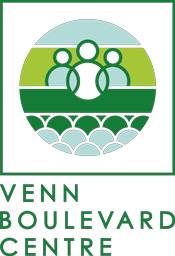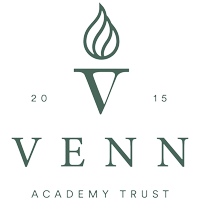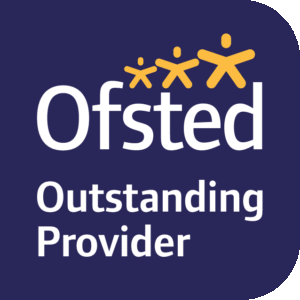It is our intent for the Religious Education element of our school curriculum to ensure students acquire and develop knowledge and understanding of Christianity and the other principal religions represented in the UK; to appreciate the way that religious beliefs shape life and behaviour, develop the ability to make reasoned and informed judgements about religious and moral issues and enhance their spiritual, moral, social and cultural development.
We believe that it is important for all our students to learn from and about faith and religion, so that they can have a greater understanding of the world around them.
Our curriculum is designed to encourage creativity, imagination, enquiry, debate, discussion and independence.
Learning is embedded through the development of knowledge and skills over time. Given the nature of our setting it is likely some students will have missed a lot of key learning.
In KS3 we aim to fill gaps in basic knowledge as well as introducing key vocabulary and concepts for KS4.
In year 10 we build on learning from KS3 to deepen student’s understanding following the locally agreed syllabus for core non-examination RS. Each unit takes as its starting point a question linking faith and religion to contemporary issues relevant to young people and the acknowledgement that we live in an increasingly secular society.
In year 11 students follow the Beliefs and Values Asdan Short Course which offers a flexible, accessible alternative to GCSE Religious Studies.
By the end of KS3 students will be familiar with the key beliefs and practices of Christianity as well as some of the other major world religions. Students will be able to describe a range of religious concepts including the practices of prayer and worship. Students will understand the significance of religious rules such as the Ten Commandments and The Five Pillars of Islam and their lasting importance in modern society. Pupils will develop confidence in expressing their own views and opinions on some of the major questions posed by life and existence.
By the end of KS4 students will demonstrate a deeper understanding of Christian and Islamic beliefs, teachings and practices. Students will confidently articulate justified opinions on ethical issues, giving personal, religious and non-religious views. Students will be able to explain how religious teachings in both Christianity and Islam can be applied to contemporary moral issues such as euthanasia, abortion, abuse of the world and capital punishment.



























